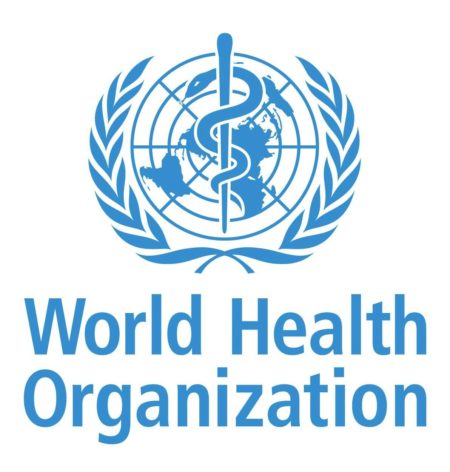
A new exceptionally significant step in the long combat against COVID-19 and its devastating variants has occurred with the inauguration of a scientific Hub for Pandemic and Epidemic Intelligence in Berlin, Germany.
This is a vital science-based step that will greatly help to prevent recurrence of politically-charged intractable controversies similar to those over the origins of COVID-19, fueled by competitive tensions between China and US-led western democracies.
The World Health Organization (WHO) is being battered by pressures from Washington and European capitals insisting that it should conduct a new forensic investigation to ascertain whether the novel coronavirus was manmade and escaped from a laboratory in Wuhan, China.
That investigation is impossible because of sharp hostility from Beijing. So the true origins of COVID-19, which is caused by infection with the severe acute respiratory syndrome coronavirus 2 (SARS-CoV-2), may never be known with certainty.
The new Hub inaugurated by German Chancellor Angela Merkel and WHO chief Tedros Adhanom Ghebreyesus will help to prevent similar political street fights when future pandemics attack the world. It will make finger pointing and apportioning blame unnecessary through collaborative intelligence work in gathering and learning from data before health pandemics emerge.
“The world needs to be able to detect new events with pandemic potential and to monitor disease control measures on a real-time basis to create effective pandemic and epidemic risk management,” said Tedros. “This Hub will be key to that effort, leveraging innovations in data science for public health surveillance and response, and creating systems whereby we can share and expand expertise in this area globally.”
Germany is providing the Hub’s initial investment of US$ 100 million to kick start partnerships across professional disciplines and harness latest technologies with the goal of sharing actionable intelligence to better prepare and protect the world from disease threats.
It will lead new global collaboration to drive innovations, gather key data and develop leading edge analytic tools and predictive models for risk analysis. Importantly, it will support the work of public health experts and policy-makers around the world to prevent pandemics and mitigate risks.
Despite decades of investment, COVID-19’s lightening invasion of almost all countries has revealed the huge gaps that exist in the world’s ability to forecast, detect, assess and respond to outbreaks that threaten people everywhere.
The Hub will develop the data access, analytic tools and communities of practice to fill those gaps while promoting collaboration and sharing to protect the world from pandemic crises in the future.
All the work that goes into pandemic and epidemic preparedness must occur before an outbreak starts. The vital need is for better detection and assessment of risks of disease events in their earliest stages before they amplify and cause death or disrupt societies and people’s lives.
The Hub’s work will help governments to take better and faster decisions on how to handle signals of coming pandemics. It will connect institutions and scientific networks to develop solutions for disease outbreaks both current and in the future.
















